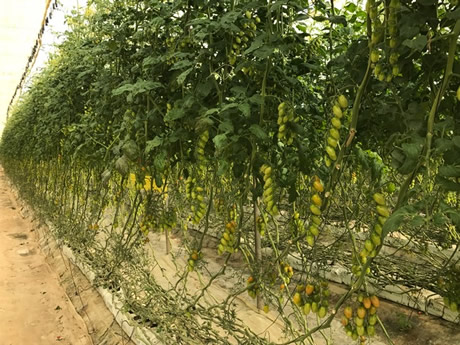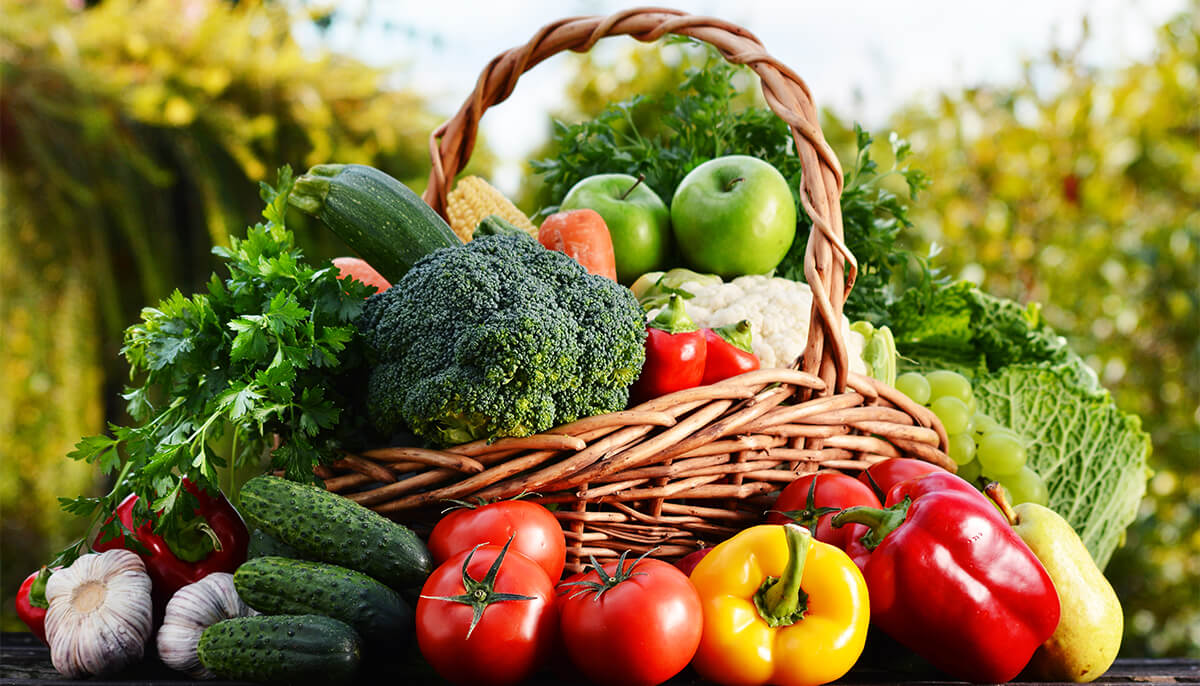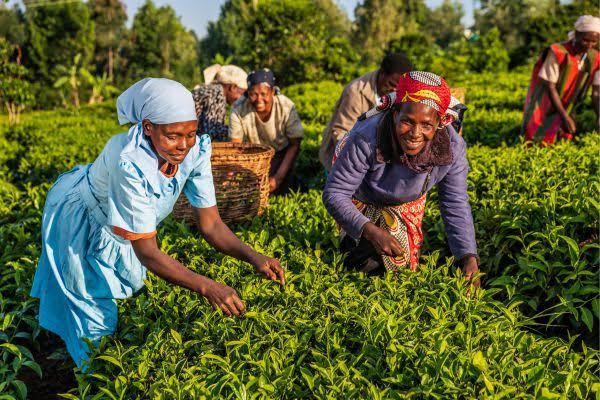
Jean-Paul Nuijten of SpecialTom, who visited the Agadir region last week, where the company produces round and Santa tomatoes said: “The cold weather has had negative effects on the Moroccan production, just like in Spain. The temperature is too low at the moment compared to normal periods in the past few years. This results in a lower production of tomatoes, peppers, and courgettes.”
 Jean-Paul in Agadir
Jean-Paul in Agadir
“The nights are cold with temperatures around 3 to 6 degrees Celsius and the amount of sun hours is not enough to properly colour the tomatoes on the plants. It is also visible that many plants suffer from the cold nights and the low temperatures result in little fruit setting,” says Jean-Paul. “The local market is very good in Morocco right now, the prices are high, and this causes a more difficult export to Europe. This does not only apply to tomatoes but to peppers and courgettes as well.”

Cold damage
“Due to cold and viruses, a major part of the open field production of courgettes has been lost. The peppers are not properly coloured because of the cold, so the supply for export of peppers is limited,” Jean-Pauls continues. “It is expected that it will take a few weeks before there will be more tomatoes produced. Then the temperatures will have to be higher and more constant, the night temperatures will have to increase as well to get the production going. Finally, the market for Santa tomatoes is nearly empty and the demand is very high, so it will take some time before the market returns back to normal.”

Courgettes will be difficult this season, because many hectares have been lost. It is expected that the pepper will return to normal sooner when the temperatures become normal,” Jean-Paul concludes.
 Source - http://www.freshplaza.com
Source - http://www.freshplaza.com

 Jean-Paul in Agadir
Jean-Paul in Agadir

 Courgettes will be difficult this season, because many hectares have been lost. It is expected that the pepper will return to normal sooner when the temperatures become normal,” Jean-Paul concludes.
Courgettes will be difficult this season, because many hectares have been lost. It is expected that the pepper will return to normal sooner when the temperatures become normal,” Jean-Paul concludes.
 Source - http://www.freshplaza.com
Source - http://www.freshplaza.com













